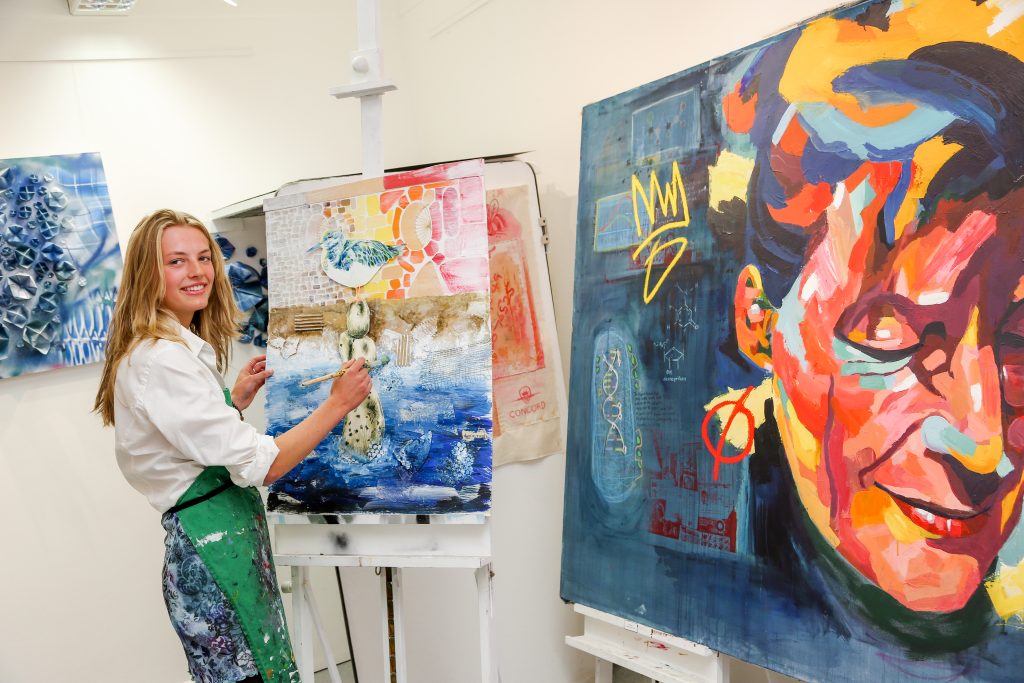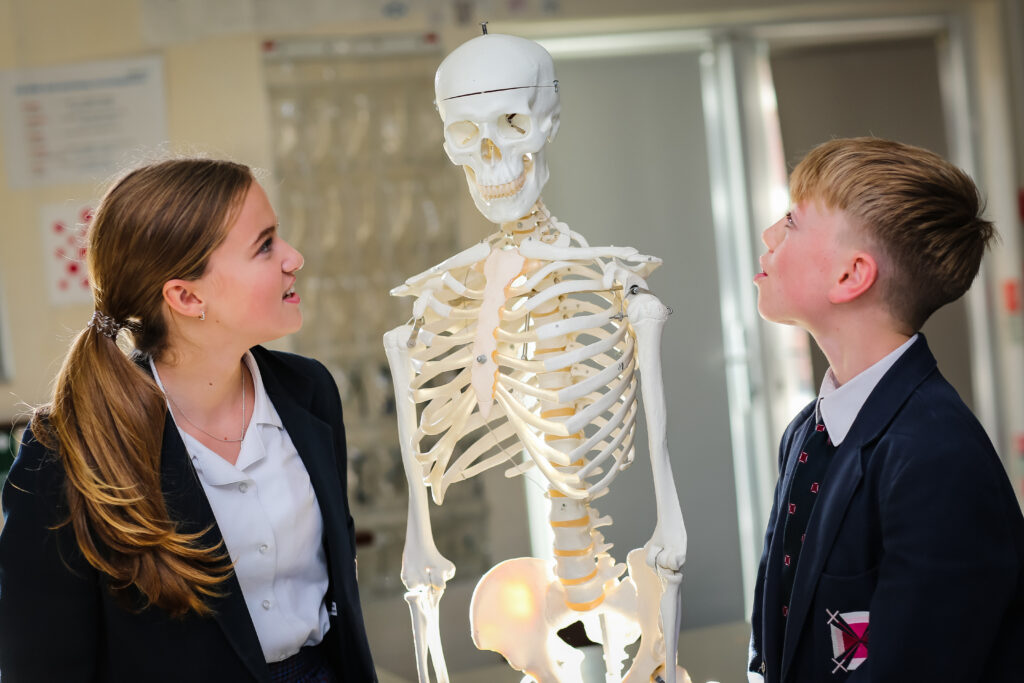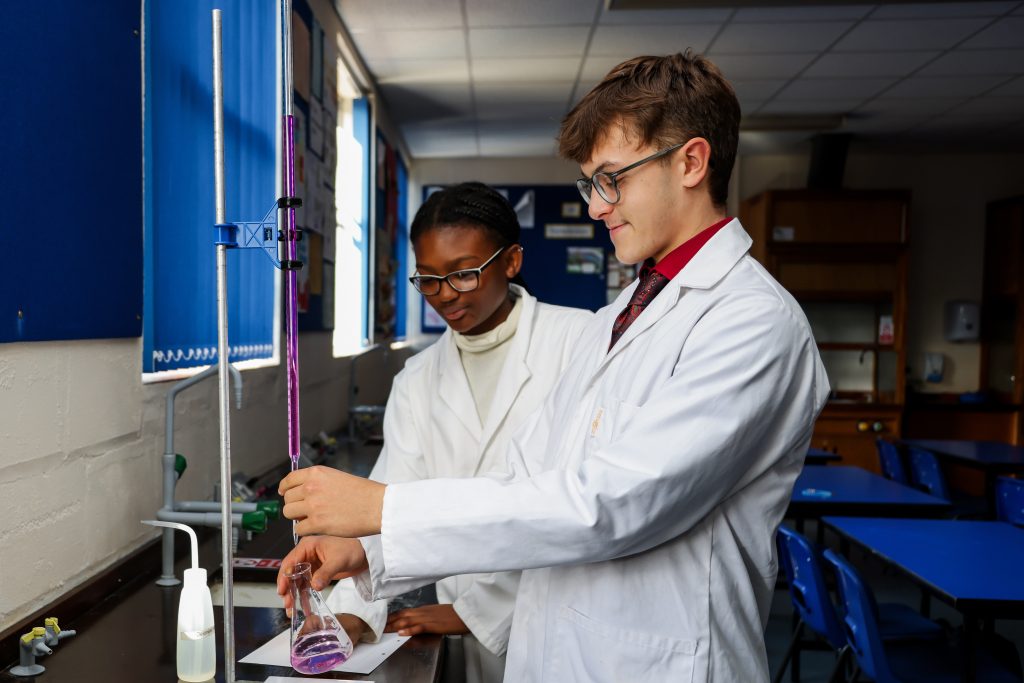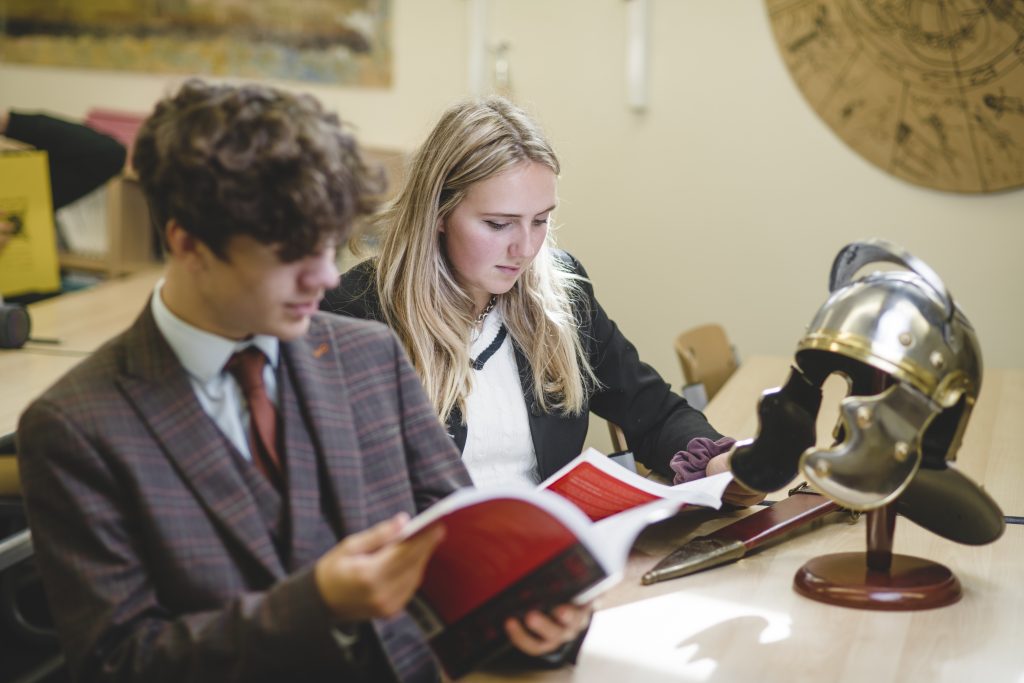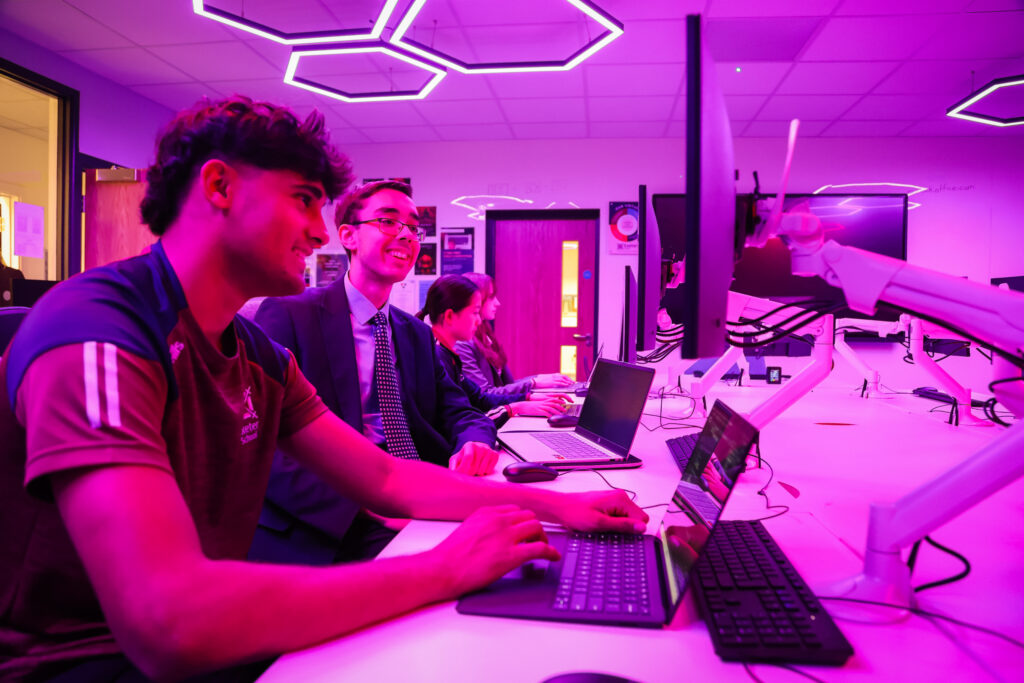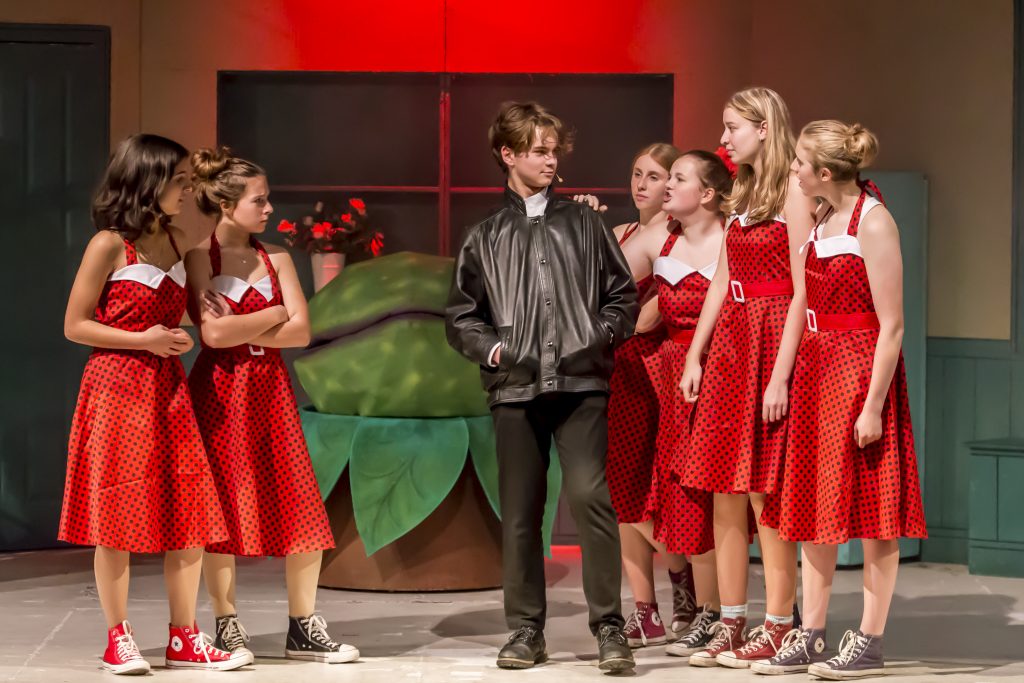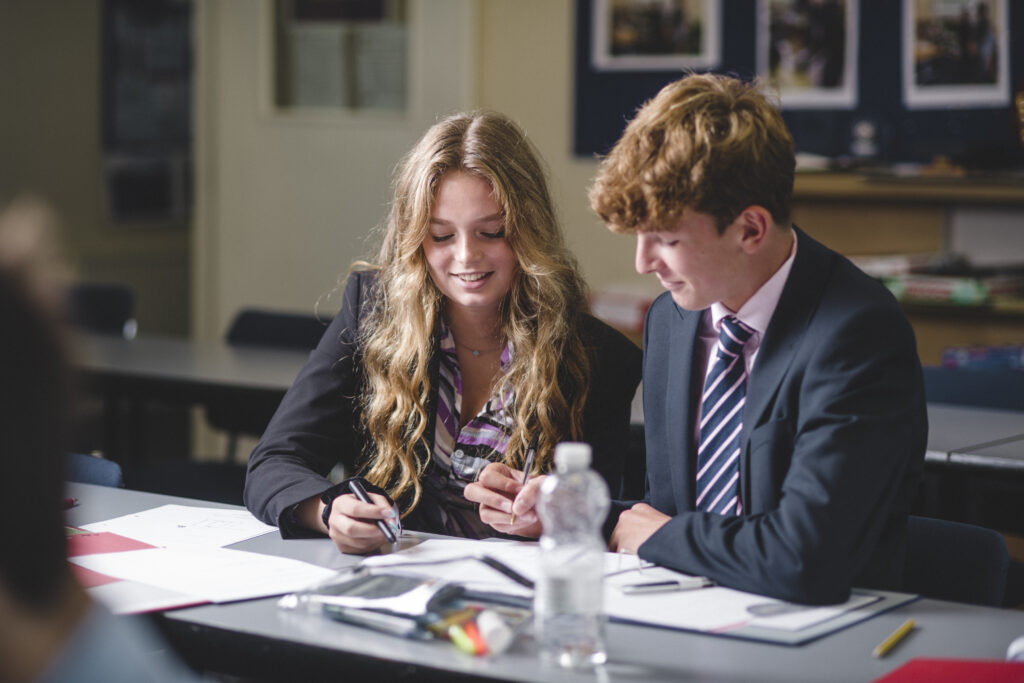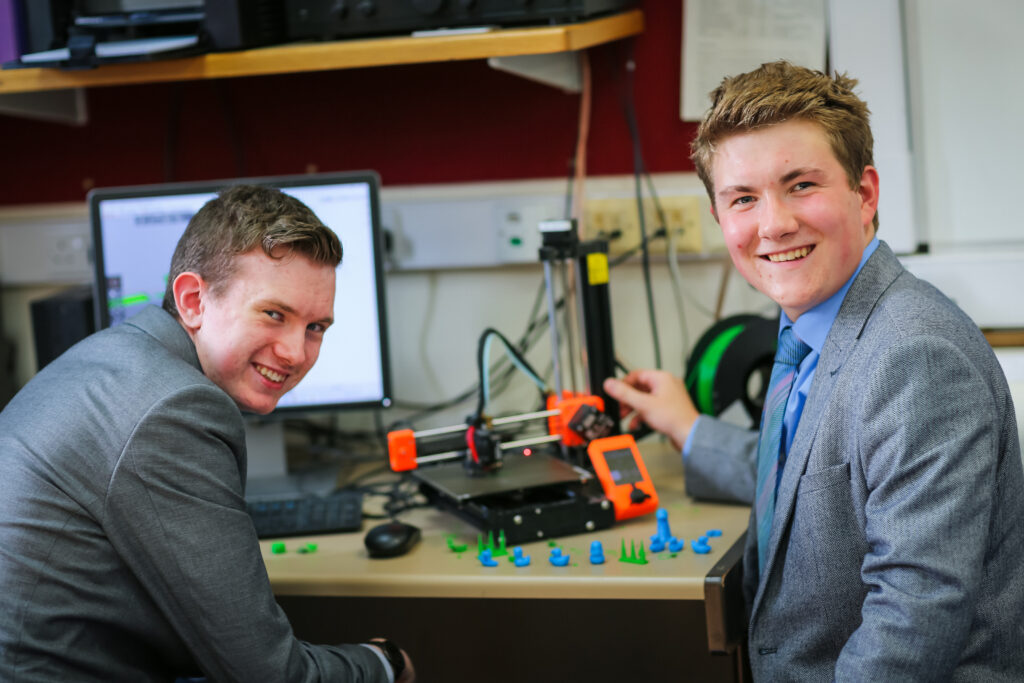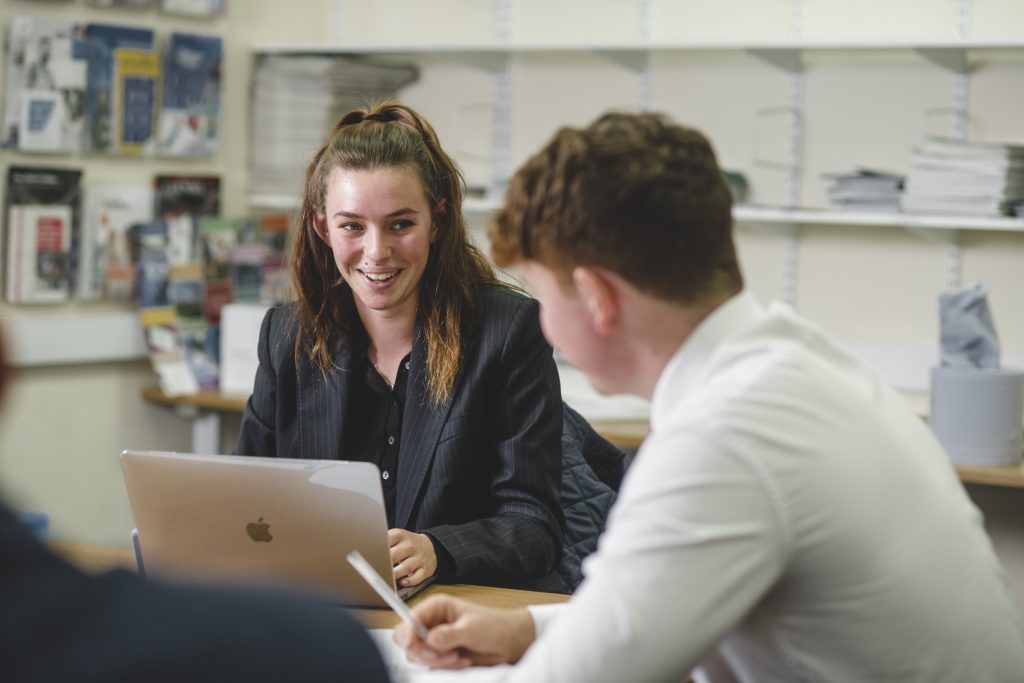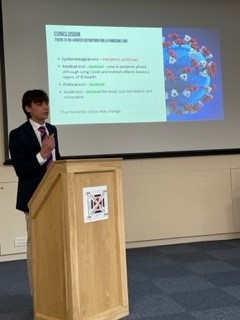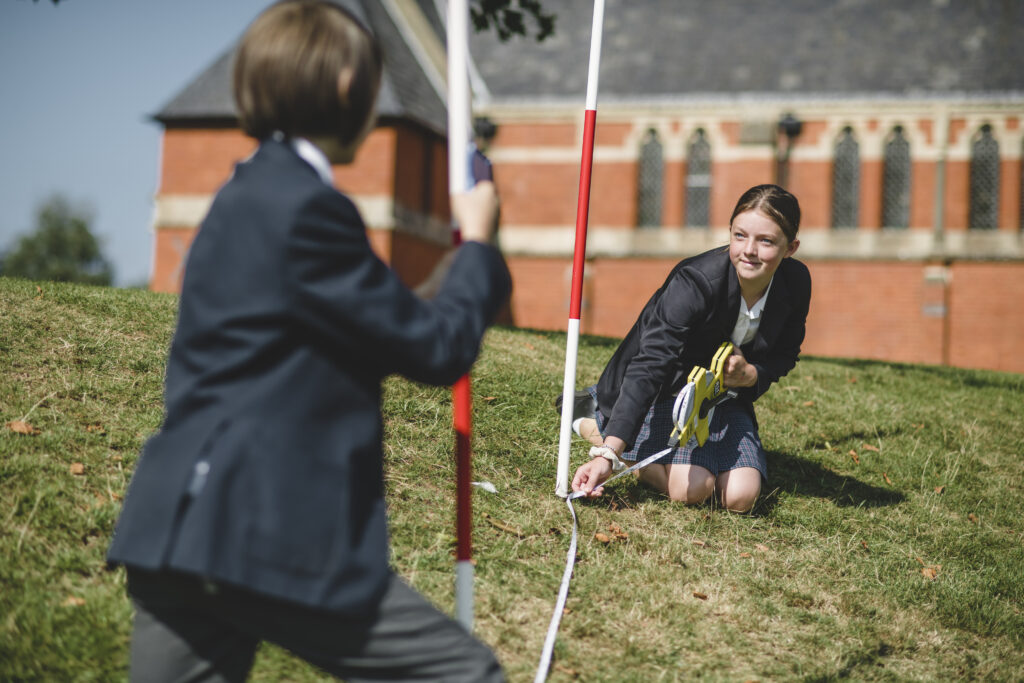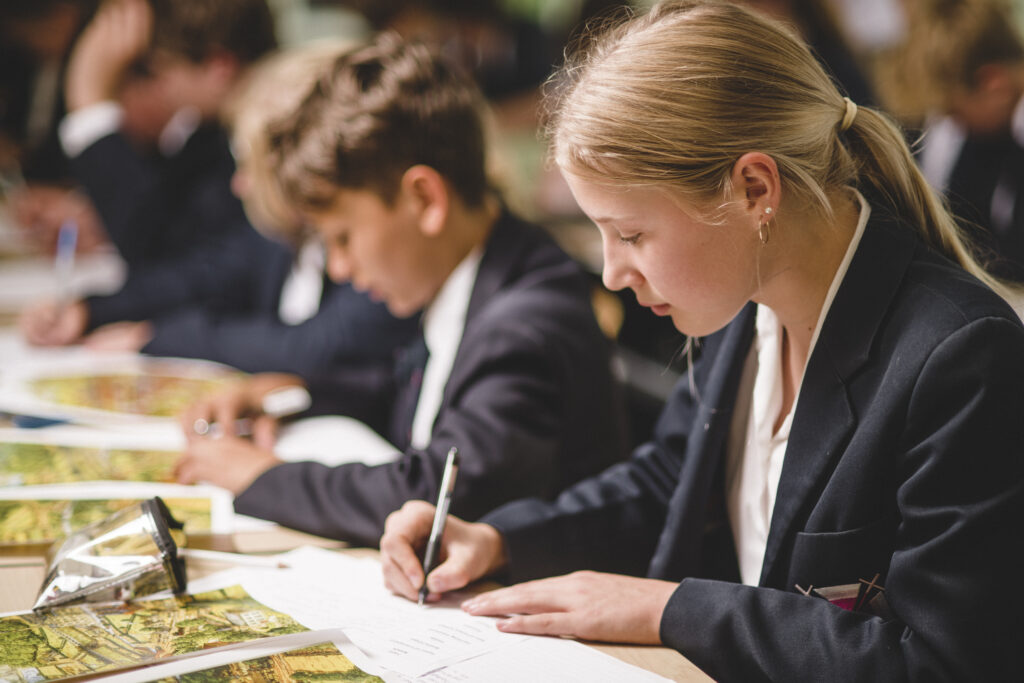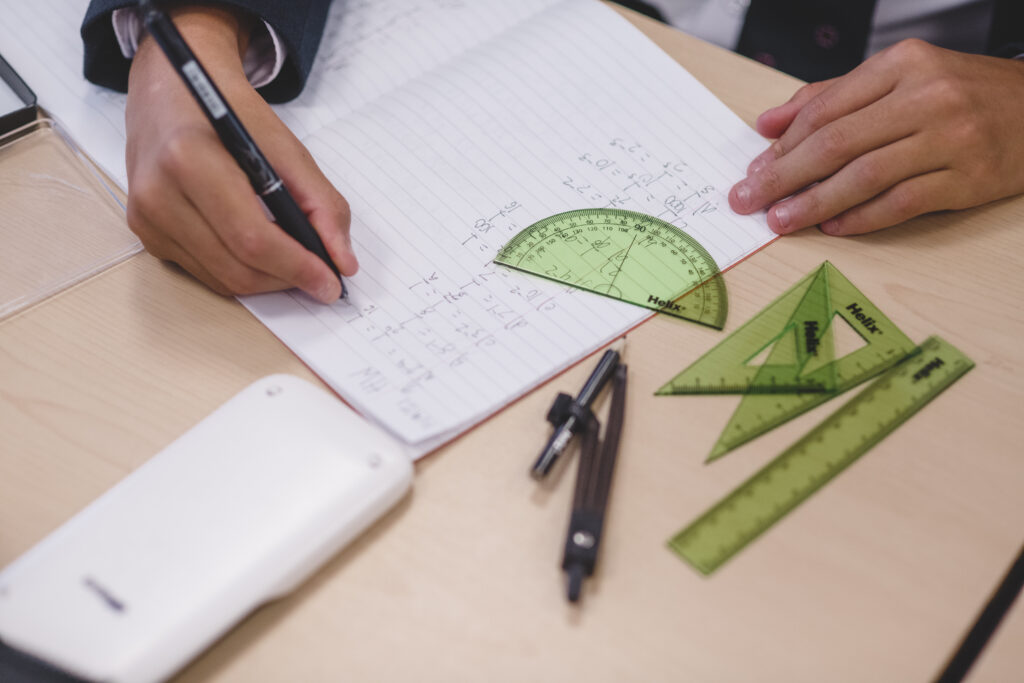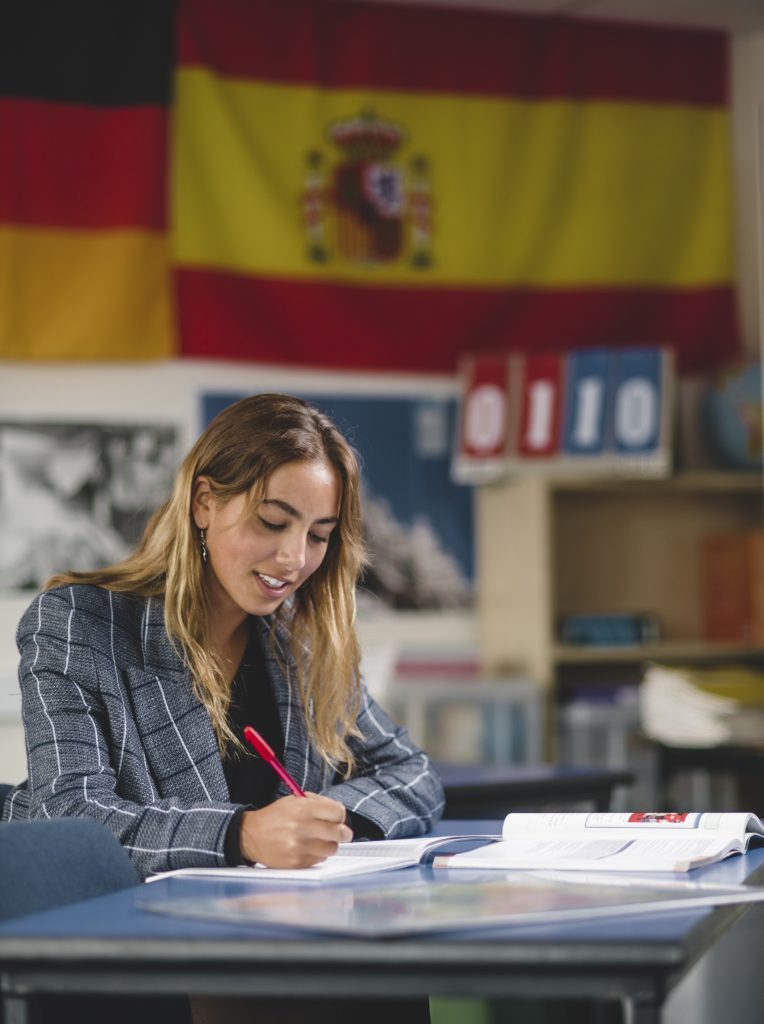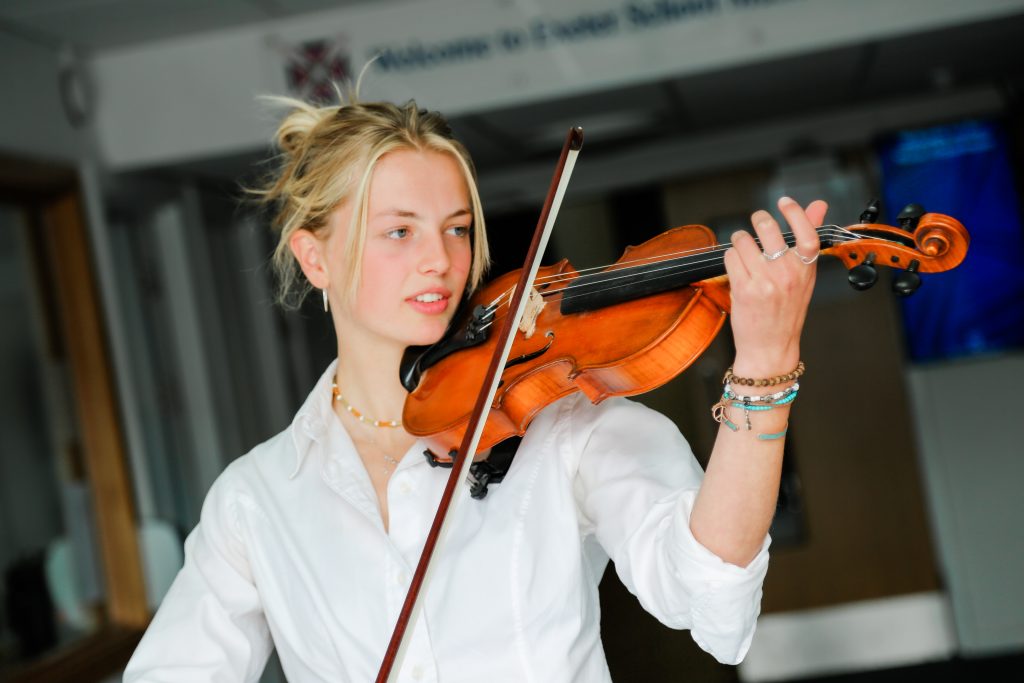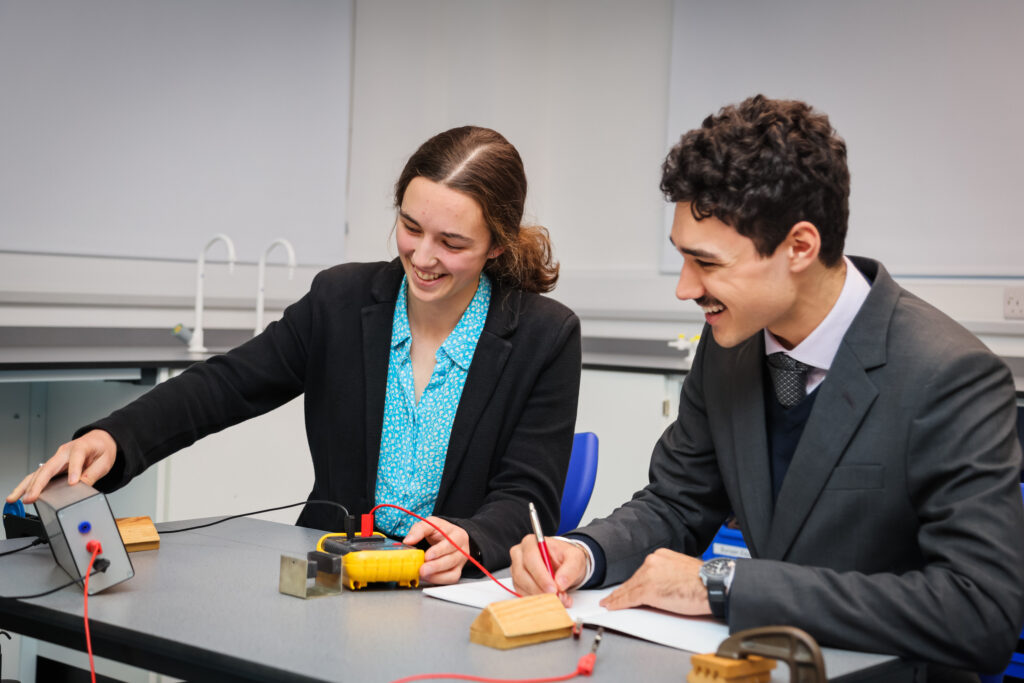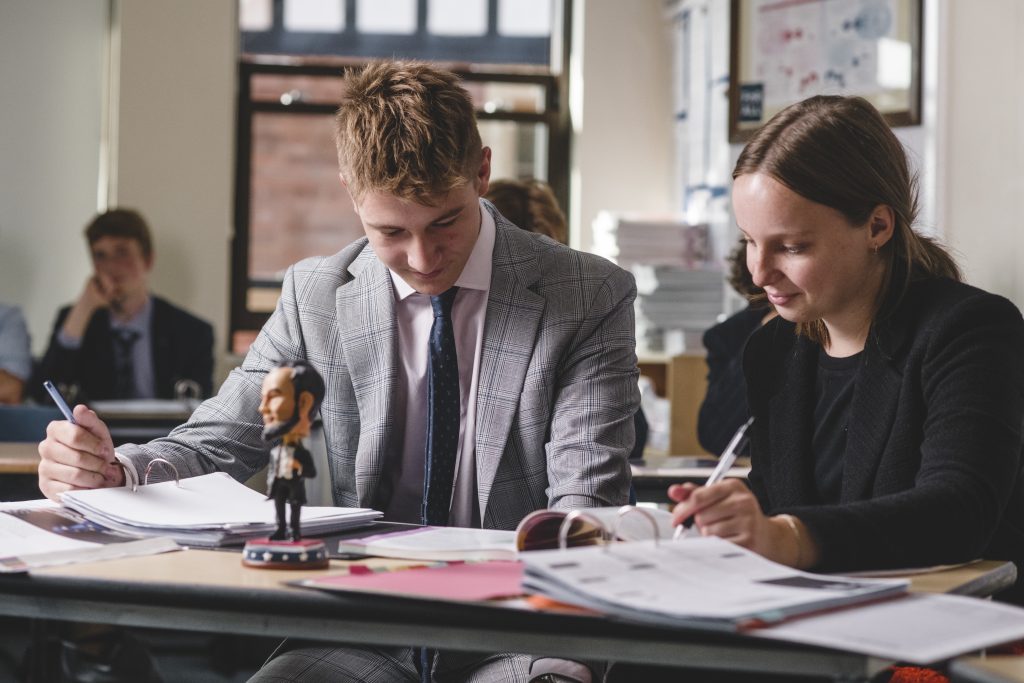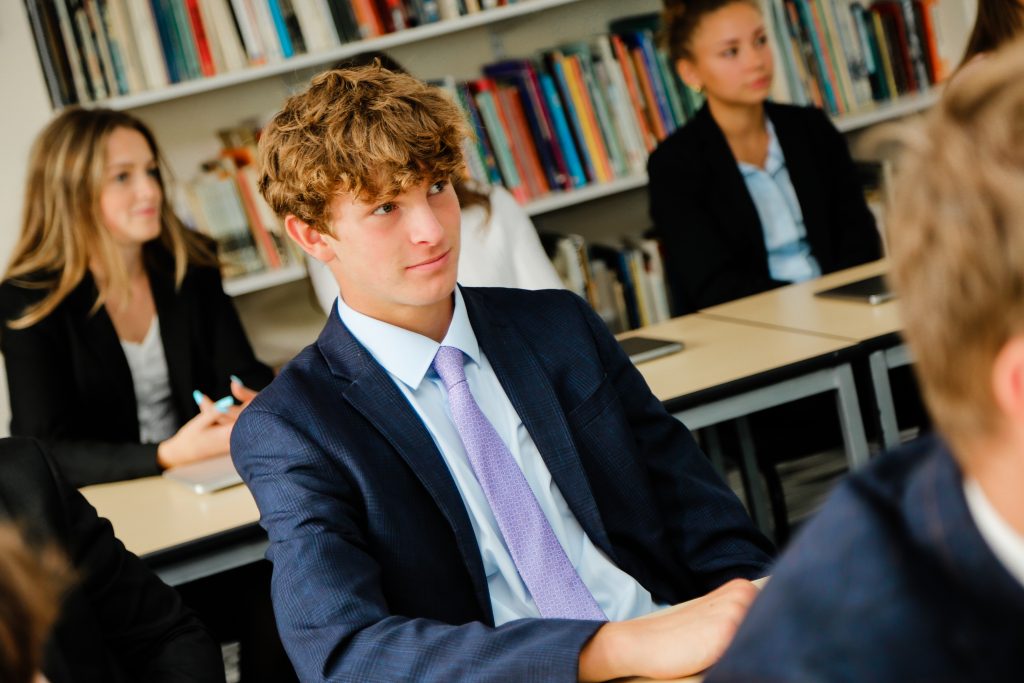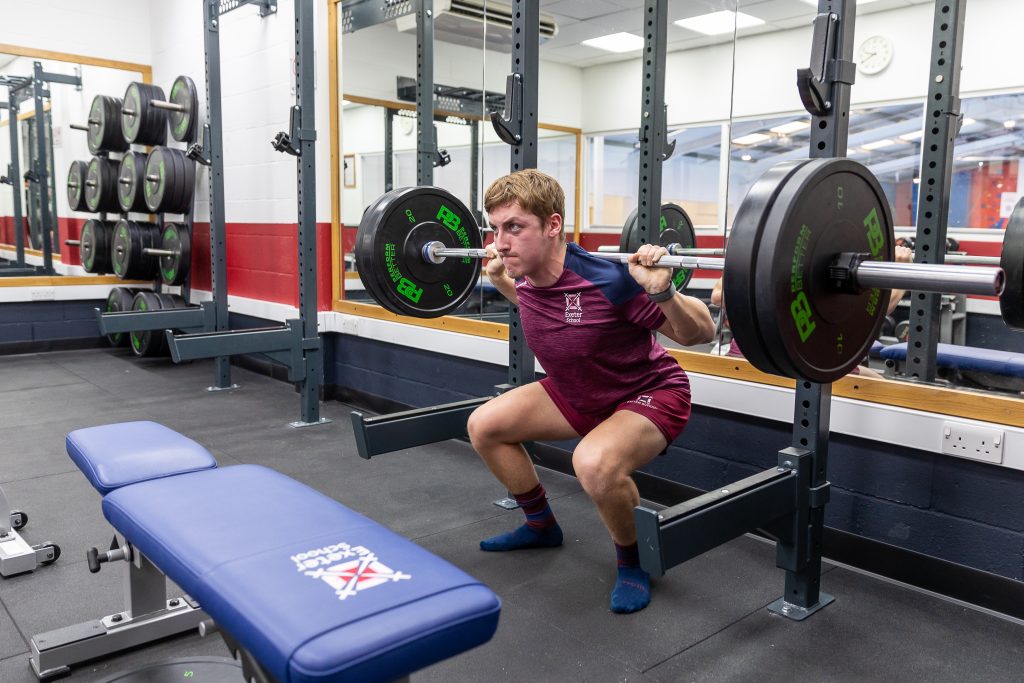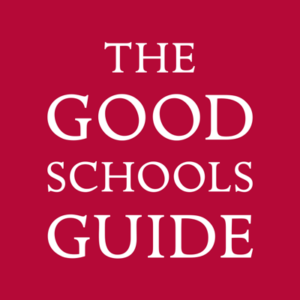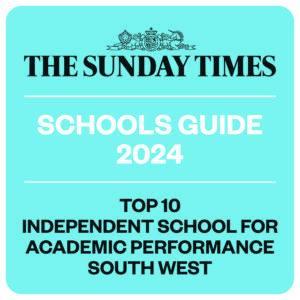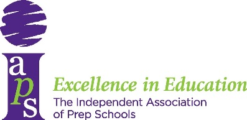The A Level drama course focuses on a variety of theatre practitioners, including Brecht, Stanislavski, Katie Mitchell, Frantic Assembly and Berkhoff, which will in turn inform the performance units of the course. Pupils are also required to produce a number of creative/performance logs to accompany their practical work. This allows them to reflect on the process of working towards performance.
Pupils use a range of texts for practical assessment, either as stimulus for re-interpretation, devising or straight performance. These vary from Shakespeare to Shaw, and move towards more contemporary playwrights such as Butterworth, Morgan or Wertenbaker.
In the written examination, pupils are encouraged to approach plays from a range of perspectives, whether that be an actor’s, a director’s and a designer’s point of view.
As with GCSE, watching live theatre is an integral part of the course, both enriching and deepening the pupils’ appreciation of drama. They will be asked to discuss how live theatre has influenced them.
Exam board: Eduqas
Course name: A Level Drama and Theatre
Beyond the curriculum
We strive to ensure all talents, interests and ages are catered for, both in productions and lunchtime clubs.
The senior school play operates on a three-year rotation (Shakespeare, straight play, musical), embracing a variety of styles, genres and challenges.
Drama club runs as part of the Friday 8 programme where pupils have the opportunity to do the Arts Gold award. This award allows pupils to hone their artistic skills, acquire new ones, gain practical experience of different roles in the arts world and develop leadership expertise. The club’s interests reach far and wide, among other things, they do a fantastic job of bringing workshops to local primary schools and making behind-the-scenes films of all our school productions.
Pupils have the opportunity to audition for The National Youth Theatre (NYT) each year where we have great success, with 8 pupils gaining entry in 2023. The NYT is one of the most prestigious youth drama programmes in the country so to have so many pupil successfully gaining entry is huge testament to the drama department.
The drama department also runs theatre trips throughout the year. We aim to expose the pupils to a variety of theatre to help inspire and challenge them. We go to The Northcott, The Theatre Royal in Plymouth, The Bristol Old Vic, and The Tobacco Factory (Bristol), with occasional trips to London theatres or Shakespeare’s Globe.
We are proud of an illustrious alumni, including Matthew Goode (The Crown, Downton Abbey, The Imitation Game, The Watchmen, Brideshead Revisited); Beatrice Edmondson (Bridget Jones’s Baby, Absolutely Fabulous: the movie, Patrick); West End director Tom Littler, who has worked with Sir Trevor Nunn and Sir Peter Hall; Imogen Butler-Cole, a theatre maker, actress, director and graduate of RADA; and documentary film maker Owain Astles.


